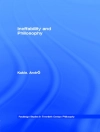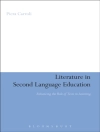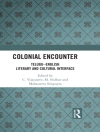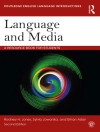In his attempts to define the uncanny, Sigmund Freud asserted that the concept is undoubtedly related to what is frightening, to what arouses dread and horror. Yet the sensation is prompted, simultaneously, by something familiar, establishing a sense of insecurity within the domestic, even within the walls of one’s own home. This disturbance of the familiar further unsettles the sense of oneself. A resultant perturbed relationship between a person and their familiar world – the troubled sense of home and self-certainty – can be the result of a traumatic experience of loss, and of unresolved pasts resurfacing in the present. Memory traces are revised and interwoven with fresh experiences producing an uncanny effect. As "an externalization of consciousness", the uncanny becomes a meta-concept for modernity with its disintegration of time, space, and self. The papers in this book seek to explore the representations of the uncanny in language, literature, and culture, applying the origins of the concept to a range of ideas and works.
Charlie Jorge & Catherine Morris
Uncanny in Language, Literature and Culture [PDF ebook]
Uncanny in Language, Literature and Culture [PDF ebook]
购买此电子书可免费获赠一本!
格式 PDF ● 网页 237 ● ISBN 9781036405304 ● 编辑 Charlie Jorge & Catherine Morris ● 出版者 Cambridge Scholars Publishing ● 发布时间 2024 ● 下载 3 时 ● 货币 EUR ● ID 10019278 ● 复制保护 Adobe DRM
需要具备DRM功能的电子书阅读器












